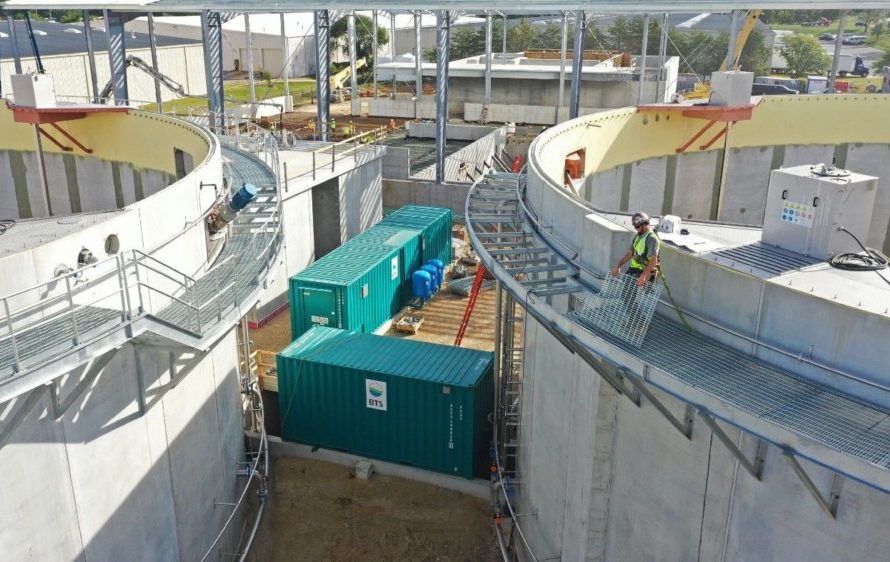US anaerobic digester company Bioenergy DevCo has raised $100 million in funding from Austin, Texas-based alternative asset manager Irradiant Partners.
It will use the capital to support development of multiple anaerobic digestion facilities across North America.
Founded in 2016, Bioenergy DevCo builds and manages anaerobic digestion installations which use micro-organisms to convert organic waste material, such as discarded food or agricultural byproducts, into fuel, fertilizer, and other useful commodities.
The Annapolis, Maryland-based company feeds consumer food waste, sludge from industrial food processing, and other waste from livestock and humans into its digesters. Feedstock comes from a variety of sources, from farms and food factories to municipal governments, corporates, and academic institutions seeking to reduce their reliance on incinerators and landfill.
Bioenergy DevCo claims its “environmentally sound process” produces “renewable, carbon-negative energy” in the form of biogas. This is a mix of methane, carbon dioxide, and various other compounds, similar to nonrenewable natural gas which is extracted from the ground. And just like natural gas, it can be used to heat homes, power stoves, and generate electricity.
If Bioenergy DevCo’s organic feedstocks were left to decompose naturally — for example, unwanted food left to rot in landfill — the methane and carbon dioxide they produce would be released into the atmosphere as greenhouse gases. But in the anaerobic digester, they are ‘trapped’ to stop them contributing to climate change and put them to good use.
The other byproduct of the process is digestate – the solid remnants left over after anaerobic digestion has occurred. Digestate is typically high in minerals and can be used as a soil amendment in much the same way as compost, delivering nutrients to crops in “plant-available form” while also increasing soils’ ability to hold both water and carbon, the company claims.
Taken altogether, Bioenergy DevCo’s anaerobic digestion capabilities create “circular economies in local communities, helping cities and companies achieve decarbonization, zero waste, and renewable energy goals, while reducing air and water pollution and creating healthier soils,” it said in a statement.
“Anaerobic digestion, as evidenced by our success throughout Europe, is the most environmentally responsible way to recycle food waste into renewable energy while reducing emissions and achieving decarbonization and climate goals in North America,” said founder and CEO Shawn Kreloff.
“Bioenergy Devco’s technology can sustainably divert food waste from landfills, and in turn, give this discarded organic material a valuable second life.”
Despite being founded and based in the US, Bioenergy DevCo has largely concentrated on the European market until recently. In its early days it partnered with Italian company BTS Biogas, which had developed much of the anaerobic digester technology that Bioenergy DevCo uses today.
In 2019, Bioenergy DevCo wholly acquired BTS Biogas, though the latter still operates as a separate but affiliated business. With the acquisition, Kreloff sought “to marry BTS’s proven anaerobic digestion technology with plant financing, engineering, [and] project development, and to guarantee energy yields and plant performance,” according to the company’s website.
At present, Bioenergy DevCo manages 140 anaerobic digestion facilities worldwide, and has constructed around 280 digesters. It has over 20 digester projects in development in the US. One of these, which is under construction at the Maryland Food Center Authority outside of Baltimore, will have the capacity to process 115,000 tons of organic material each year – offering “the same carbon sequestration impact as a forested area 40 times the size of [New York City’s] Central Park,” the company said.
Immediately prior to its BTS Biogas buyout, Bioenergy DevCo raised $106 million in funding from Newlight Partners, a spin-out from Soros Fund Management. New York private equity firm Sagewind Capital is also an investor.





